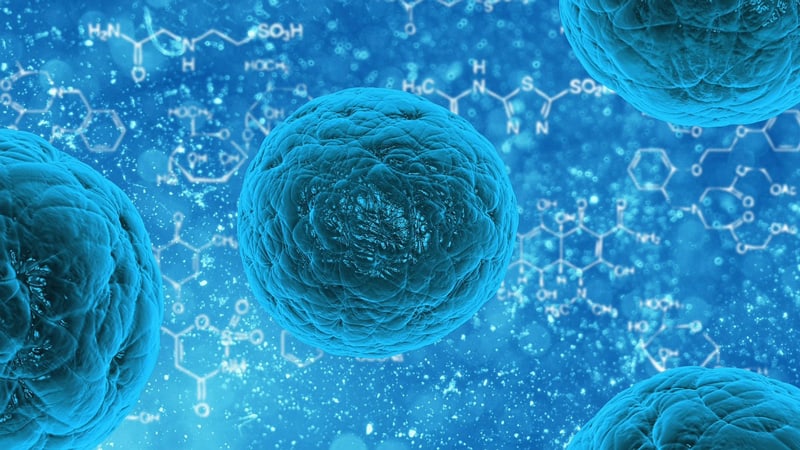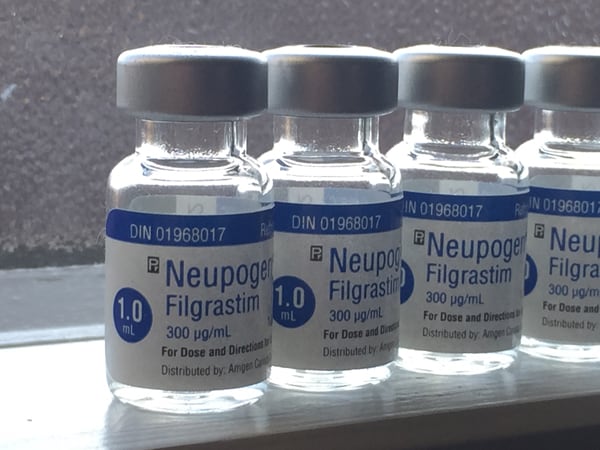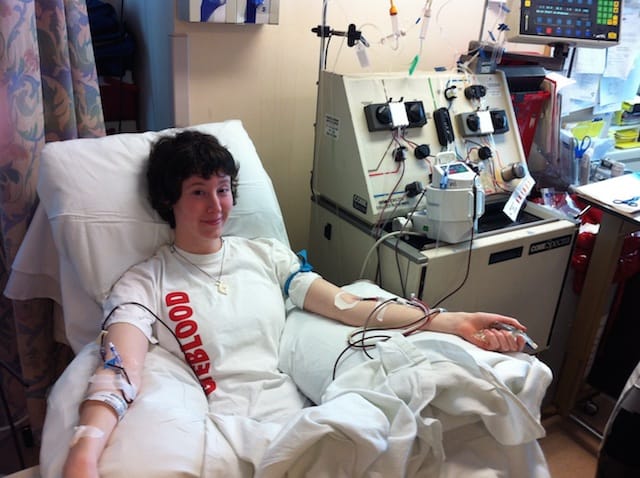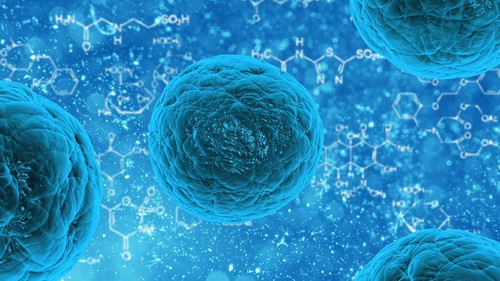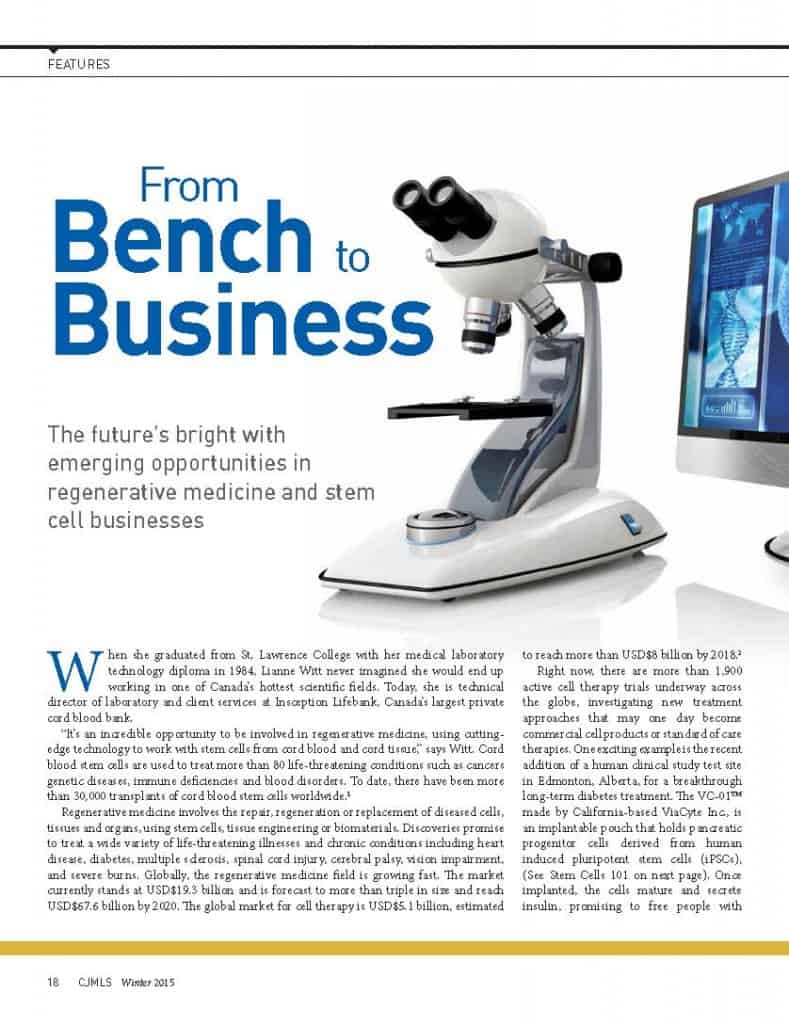Mixed Match: When Ancestry is the Cure is a remarkable documentary that explores why it’s so difficult for people of mixed ethnicity to find a matched stem cell donor for treating life-threatening blood diseases like leukemia, myelodysplastic syndrome, and over 75 other disorders.

Photo by jens johnsson on Unsplash
Mixed Match made its broadcast debut in Canada on TVO last week. It has won many awards since it launched in 2016 and has been screened at film festivals across North America. The film traces the journey of Athena Askilipadas as she visits patients and families struggling with the challenges of finding a match. Askilipadas is the founder of Mixed Marrow, an organization in the U.S dedicated to finding bone marrow and blood stem cell donors for people with mixed ethnicities. Seeing what patients and families go through is heart-rending. Keep a box of tissues nearby! Check out the trailer:
Mixed Match – Festival Trailer 2016 from Mixed Match on Vimeo.
What’s an HLA match?
In the film, expert Stephen Spellman deftly handles the race discussion. He says that we may debate whether race is a social construct that shouldn’t be important in medicine, but we all have diverse genetic backgrounds that are tied to our origins. “You can self-identify as whatever you happen to be, but you can’t trick your genes, especially if we’re doing something as complex as transplanting an immune system because that’s what a hematopoietic (blood) stem cell transplant actually is.” Spellman is Director, Immunobiology and Observational Research at the Center for International Blood and Marrow Transplant Research (CIBMTR).
The body’s immune system figures out if cells are our own or not by reading small protein markers on cell surfaces called human leucocyte antigens (HLA). We inherit our HLA pattern, called a haplotype, from our parents – half from our mothers and half from our fathers. Two siblings only have a 25 per cent chance of being HLA identical, a 50 per cent chance of being half identical (called haploidentical), and a 25 per cent chance of being no match at all.
For the best outcome with bone marrow or hematopoietic stem cell transplantation, the HLA match must be as close as possible. A perfect match is when 8 out of 8 markers are the same between a donor and a recipient. The danger with a lower number of matching markers is a life-threatening complication called graft-versus-host disease, which involves the new immune cells attacking normal cells because they do not recognize them. A 7 out of 8 match, a mismatch of just one HLA marker, can reduce a patient’s 5-year overall survival rate by about 8 per cent.[1]
HLA markers are the most similar within ethnic groups. People with mixed ethnicity have rarer HLA haplotypes that make finding a suitable bone marrow or stem cell donor match much less likely.
The Mixed Match Challenge
There are thousands of people of mixed ethnicity who are looking for compatible donors, but only about 3 percent of donors in the registry are multiethnic. In 2011, the U.S. Be The Match registry reported its ethnic composition as follows:
- White – 74%
- Hispanic – 10%
- Black – 7%
- Asian – 7%
- Multiple Race – 3%
- American Indian – 1 %
- Pacific Islander – 0.1%
The film mentions a recent study published in The New England Journal of Medicine that examined the likelihoods of finding an HLA match in the U.S. for people of different ethnicities. The investigators found that 75% of whites of European descent would likely find an optimal donor, but that only 16% of blacks of South or Central American descent would find a match.[1] People with other ethnic backgrounds fell somewhere in between.
Join a Stem Cell Registry
Mixed Match does a fine job raising awareness about the worldwide need for multiethnic bone marrow and stem cell donors. Watch it online here.
Consider joining the registry, especially if you have mixed ethnicity. Registries are connected worldwide: life-saving bone marrow or blood stem cells can be transported quickly around the world to recipients who urgently need cures.
- Canada: OneMatch Stem Cell and Marrow Network
- United States: Be The Match National Marrow Donor Program
- Find a Registry in Another Country
Related Information:
- Watch The Difficult Search for Multi-Ethnic Donors: A Needle in a Haystack on The Agenda with Steve Paikin
- The Best Gifts: Join the Stem Cell Registry or Donate Blood
[1] Gragert L, Eapen M, Williams E, et al. HLA Match Likelihoods for Hematopoietic Stem-Cell Grafts in the U.S. Registry. N Engl J Med 2014; 371:339-348. DOI: 10.1056/NEJMsa1311707

